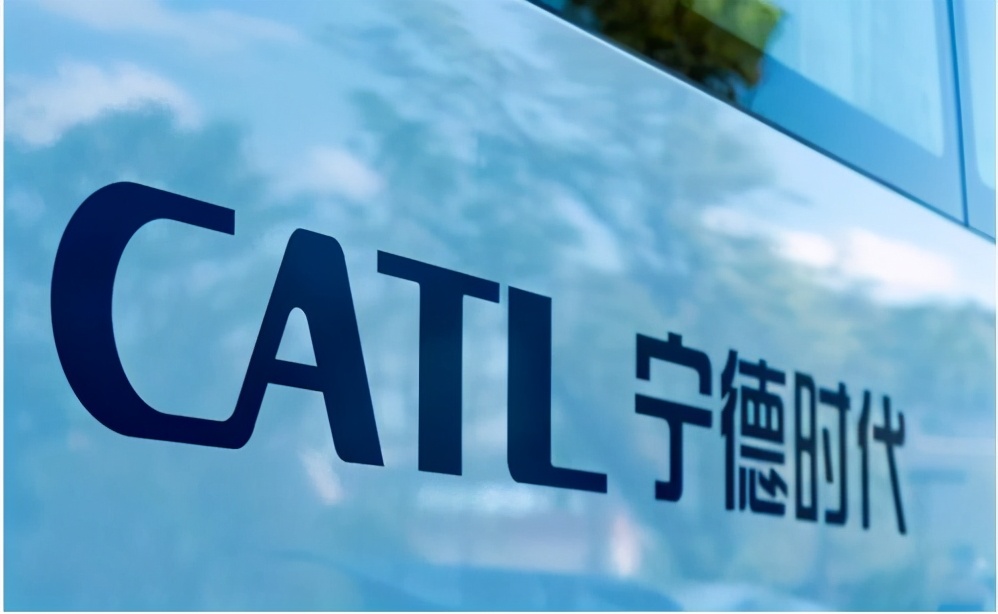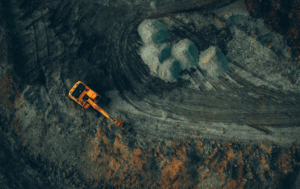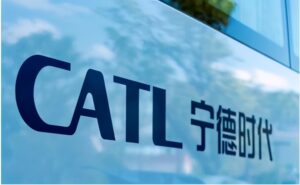According to Mining.com, Burkina Faso is accelerating its natural resource nationalization drive by demanding an additional 35% stake in West African Resources’ (WAR) Kiaka gold mine. The move forced WAR to suspend trading on August 28, with trading expected to resume on September 1.
WAR has grown from a struggling exploration firm into one of West Africa’s most successful gold producers, capable of producing 500,000 ounces of gold annually at low cost.
Following the news, Orezone Gold, which operates the Bomboré gold mine, also suspended trading. Although it has not received similar requests from the government, the company said it planned to meet with officials over the weekend.
This development highlights the fragile investment environment in West Africa. Political instability in Mali has already underscored these risks. Burkina Faso, Africa’s fourth-largest gold producer, has recently transferred multiple assets into its state-owned mining company SOPAMIB (Société de Participation Minière du Burkina).
In June, five gold mines and exploration permits previously owned by Endeavour Mining were transferred to SOPAMIB. Since August 2024, the government has pursued nationalization, acquiring the Boungou and Wahnion mines for $80 million, despite valuations as high as $300 million.
Other miners face similar risks. IAMGOLD continues to operate the Essakane mine, where the government holds a 10% stake, but security issues remain a significant burden.
The policy shift reflects the growing influence of 37-year-old junta leader Ibrahim Traoré, who seized power in 2022 and declared himself president. Traoré has urged ministers to expand state control over resources, aligning with broader Pan-African and anti-Western policies.
Supporters hail Traoré as a defender against foreign interference. After a failed coup attempt in April, thousands rallied in Ouagadougou in his support, denouncing U.S. Africa Command General Michael Langley’s remarks about Burkina Faso’s misuse of gold reserves. Protests even spread abroad, with African diaspora communities in London, Kingston, and Montego Bay praising him as a “Black liberator.”
For foreign mining firms, the rapid breakdown of long-term agreements is a stark reminder of rising geopolitical risks. While Ghana, Egypt, Namibia, and Botswana continue to offer stable investment climates, Côte d’Ivoire and Guinea are emerging as new hotspots.
Rio Tinto’s multi-billion-dollar Simandou iron ore project in Guinea highlights growing investor confidence in improved legal frameworks. Yet risks remain high, and smaller companies like WAR face much greater uncertainty compared to diversified majors such as Barrick Gold.
[Source – 上海有色网] 60亿!宁德时代海外工厂将采购15.75万吨磷酸铁锂 https://news.smm.cn/news/103535712




